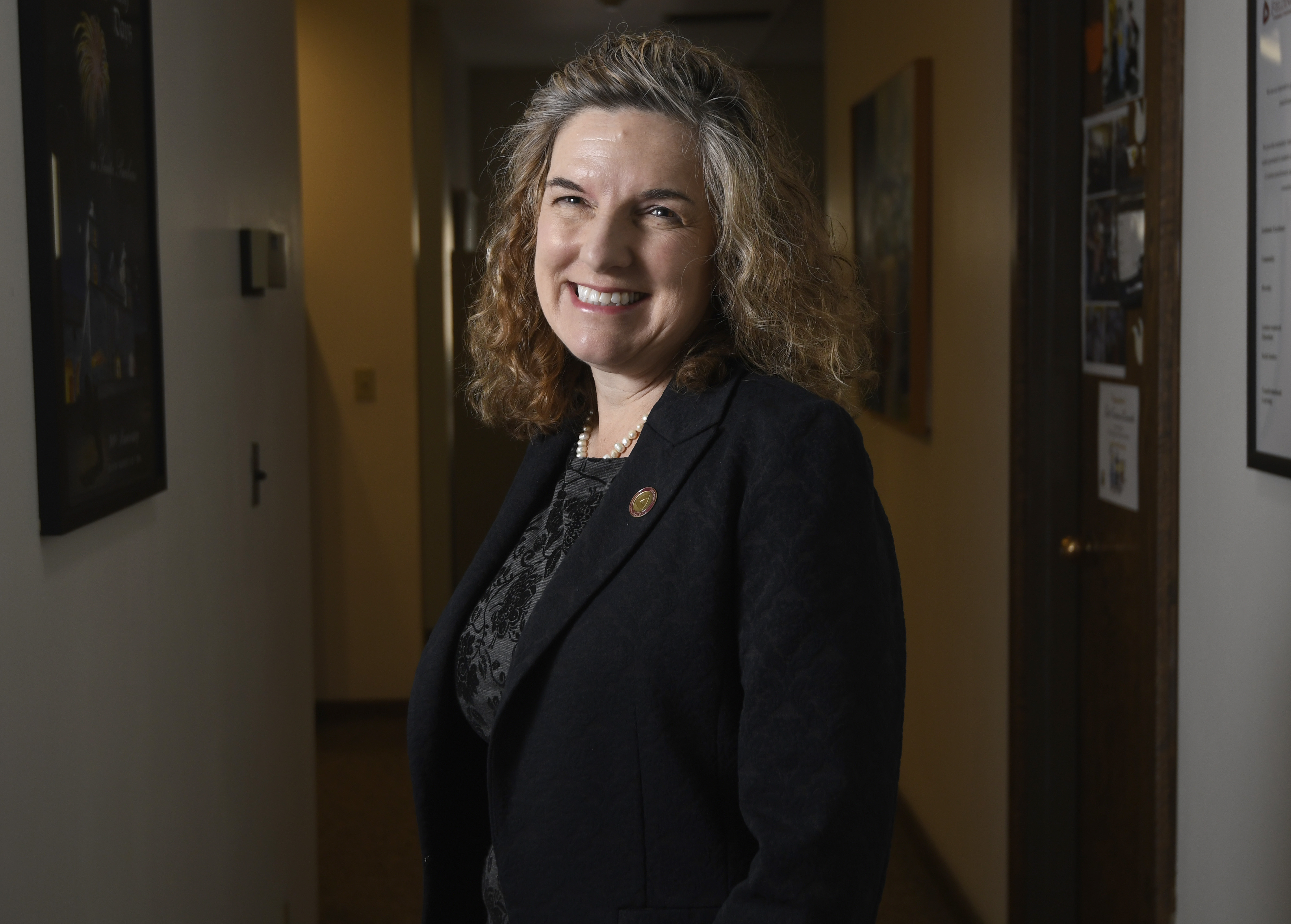Educational Opportunities
Should You Go Back to School to Find Better Work?

Going back to school later in life can be a big, scary decision, but it is usually not one that people regret. Luckily, there are many options for undergraduate and postgraduate programs in Santa Barbara, from UC Santa Barbara to Antioch to California State University Channel Islands’ MBA at Santa Barbara City College to Pepperdine to Fielding Graduate University.
“Students who go back to school later in life have a broader experiential knowledge base,” said Katrina Rogers, the president of Fielding. “They are often very focused on their goals, as they know exactly what they want from the experience.”
That doesn’t necessarily mean quitting your job and other responsibilities. When choosing which school is right for you, “you want to make sure that the institution is set up for you — that they have programs that are flexible and take into consideration the needs of working adults,” said Rogers.
Don’t worry if you haven’t studied in years. “Good study habits are similar to showing up to work on time, making lists and finishing them, getting our kids to school on time, running a household, and a lot of life skills you don’t think of as ‘studying’ but actually are all good practice for formal education,” explained Rogers.
Will it be worth it? Most likely, yes. Not only does “national data show that people with advanced degrees earn more money over their lifetime and report greater life satisfaction,” but graduating with a degree also “has intellectual and personal growth benefits,” said Rogers.
However, if money and time are a problem, Santa Barbara City College offers rich Career and Technical Education and Career Skills programs in practically every field and subject that anyone can take. In fact, the Career and Technical Education Programs offer both certificates and associate degrees in about 20 different areas, from marine diving to nursing. The Career Skills program, launched in 2015, offers more than 120 state-approved courses in everything from business and technology to green gardening and culinary arts — most of which are tuition-free.
Some of the most popular courses in the Career Skills program are the “digital badge” classes, which offer certificates in such fields as conflict management, customer relations, and web design. “The whole reason why the Career Skills Institute came into being is because, once you get into the workforce, it’s really hard to find training on some of these soft skills,” explained Jeanette Chian, associate director for the School of Extended Learning Career Skills Institute.
The people who teach the classes are “industry experts and consultants who have been in the workplace for a long time [and] could probably charge thousands of dollars for private sessions but feel the need to give back,” said Chian.
This summer, they are offering some of the most “sought-after badges, including Customer Relations, Accounting Basics for Small Businesses, Career Strategist, and Basic Office Software Skills,” said Chian. There are classes every week (some are only one day long) and registration is on a rolling basis, so there’s really no excuse not to take advantage of these job-elevating courses.



